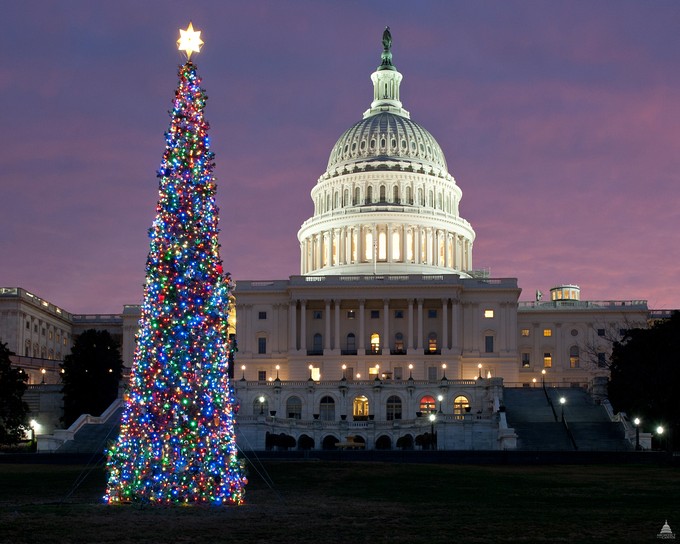12 Days of Budget Policy Riders: What Congress Gave Away in the Cromnibus
By
Lindsay Koshgarian
Posted:
|
Budget Process

Photo courtesy of Flickr
In the spirit of the Twelve Days of Christmas, here are twelve of the more bizarre or outrageous early Christmas gifts to special groups that lawmakers delivered through policy riders in the 2015 federal budget bill known as the Cromnibus:
- Provided a tax deduction targeted specifically to Blue Cross Blue Shield (which is never actually named) to offset costs the company may incur under the Affordable Care Act
- Exempted cattle farmers from reporting and permitting requirements for greenhouse gas and methane emissions (a major source of greenhouse gases)
- Ordered a study of small business classifications for providers of military footwear after an outcry about rule changes from Michigan lawmakers, where military footwear supplier Bates is located
- Made white potatoes eligible under Women, Infants and Children (WIC) food benefits, in a giveaway to potato farmers
- Reopened the door for U.S. government entities (OPIC and the Export-Import Bank) to fund foreign coal plants, providing a win for U.S. coal exporters and reversing an earlier rule change
- Prohibited the Environmental Protection Agency from enforcing the phase out of inefficient incandescent light bulbs that was signed into law by President George W. Bush as an energy efficiency measure
- Allowed schools to get around sodium and whole grain requirements for school lunches, delivering win for “big food”
- Prohibited classification of the greater sage grouse as an endangered species for the rest of the year, delivering a win for would-be developers in the bird’s habitats
- Overturned Washington D.C.’s voter-approved decriminalization of marijuana, delivering a win for marijuana legalization opponents
- Relaxed rules under Dodd-Frank financial regulation that require banks to separate their consumer-based, FDIC (Federal Deposit Insurance Commission)backed business from trading in financial derivatives
- Raised limits on campaign contributions to political parties by ten times
- Prohibited government from requiring businesses to disclose their political campaign contributions when applying for federal contracts – and a House summary of the bill lists this under “Good-Government Provisions”
These are but a few examples of what happens when Congress budgets behind closed doors instead of properly passing a budget that actually reflects Americans’ priorities. Maybe lawmakers’ New Year’s Resolution could be to do it differently next year.